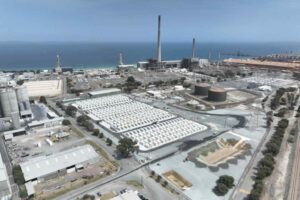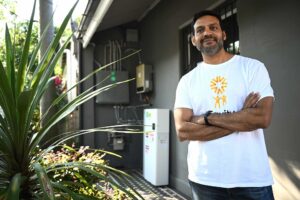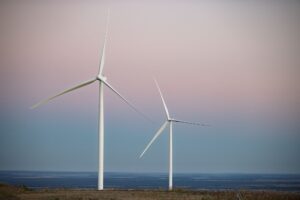I am writing this personal perspective on CoVID-19 while in a lockdown in the city of Sydney, Australia. We Sydneysiders have been very lucky to avoid the worst impacts of CoVID during 2020 and the first half of 2021 – both in terms of infections and restrictions to our daily way of life.
But we now have significant restrictions and younger people are bearing the brunt of them. Younger people are missing school, interacting with their friends, community sport and many other important things.
Our younger work colleagues are often in smaller dwellings with fewer resources to help them through periods of temporary financial and emotional hardship.
And it’s important to remember that younger Australians have borne the brunt of these restrictions with a view to keeping middle-aged and older Australians (like me) safe. According to the Centre for Disease Control, ~500k of the ~510k deaths in the US were people over the age of 40.
Younger people have a right to feel let down by us older generations. When faced with a threat to our immediate health, we were quick to embrace lockdowns and restrictions.
But we have failed to decisively take action when confronted with problems that have much greater impacts (and will impact) on younger people.
The world is not on track to limiting greenhouse emissions in a way that will avoid dangerous climate change. Today, we have learned that warming could push through the 1.5 degrees Celsius threshold by the 2030s.
Even assuming that governments actually deliver what they have promised, we are headed for anthropogenic warming of 2.9 degrees Celsius – well above the 2 degrees that governments have committed to working towards.
The worst impacts of climate change will not be experienced by middle-aged and older Australians like myself. It will be younger people who are disproportionately impacted.
We owe it to young people to build a better post-CoVID world. We need to address casualisation of the labour force and the impact it is having on young people.
We need to reduce the gap between the wealthiest and poorest in our society. But most importantly, we need to take climate change seriously by committing to achieving net zero ASAP and aim to build an economy that takes advantage of our low-cost renewable resources.
If we really believe, ‘we’re all in this together’, then aggressively tackling climate change should be our most pressing priority.
Tim Nelson is executive general manager, Energy Markets, at Iberdrola Australia. This article was originally published on LinkedIn. Reproduced with permission of author.








